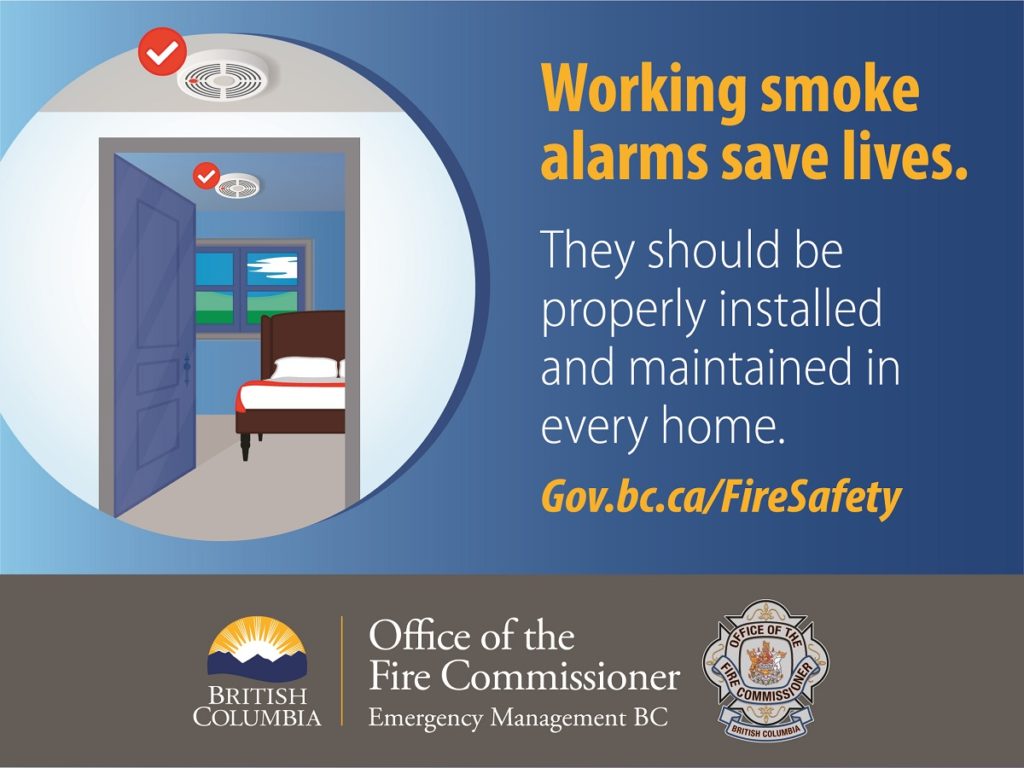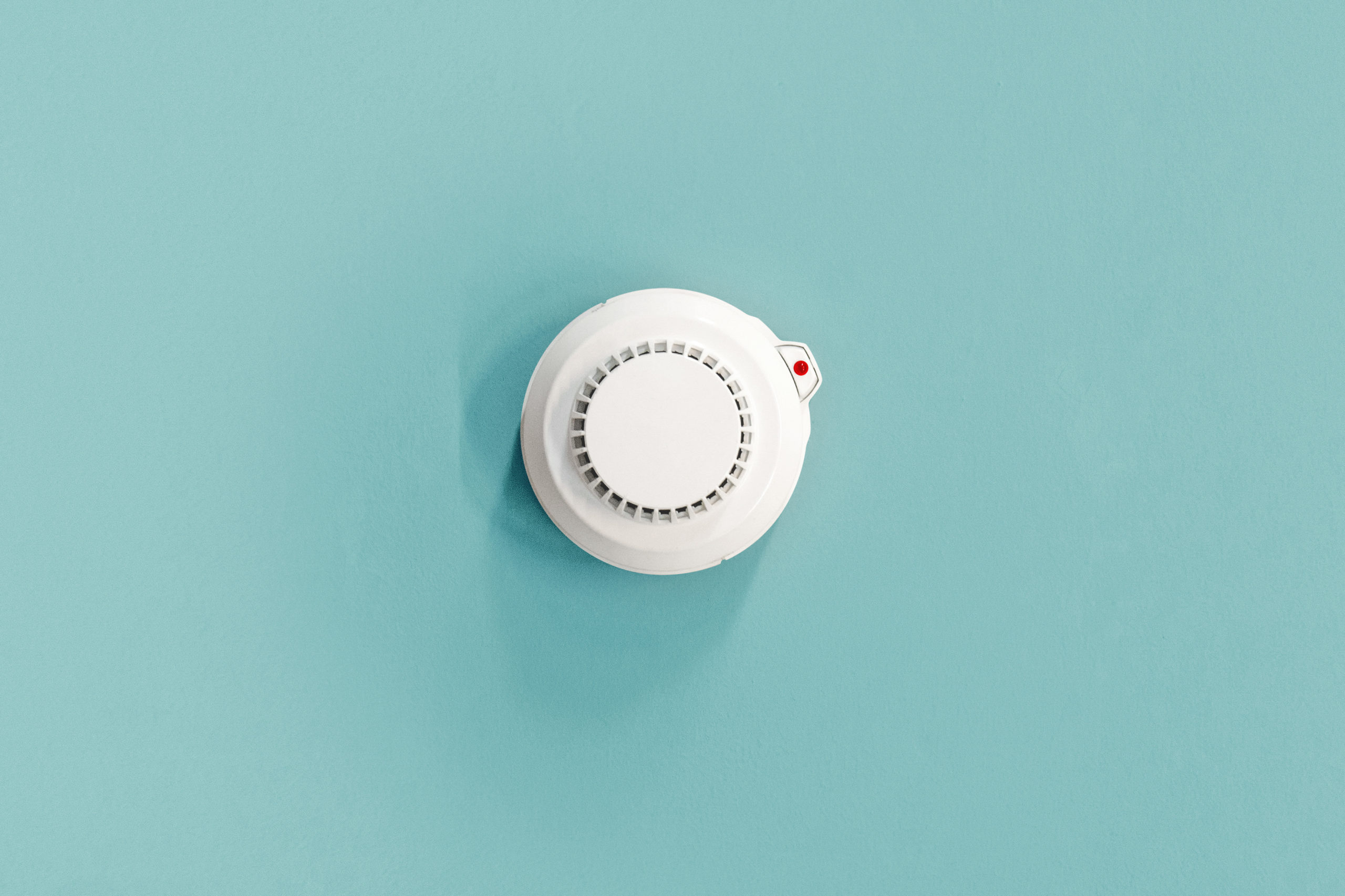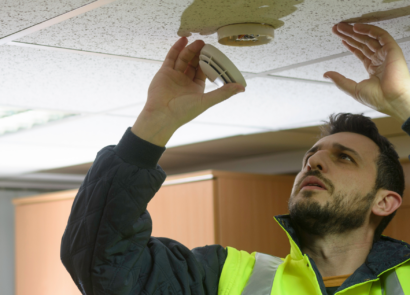Written by Lisa Barrett, Fire Prevention Education and Online Communications, Emergency Management BC
Smoke alarms are a key part of a home fire escape plan. When there’s a fire, smoke spreads fast. Working smoke alarms give you an early warning so you and everyone in your home can get outside quickly.
Smoke alarms: important numbers
1 – Test all smoke alarms at least once a month. If your smoke alarms have replaceable batteries, be sure to change them at least once a year or when the alarm chirps.
2 – Know the difference between the two types of smoke alarms – ionization and photoelectric. An ionization smoke alarm is generally more responsive to flaming fires. A photoelectric smoke alarm is generally more responsive to smoldering fires. You cannot predict the type of fire you may have in your home or when it will occur. For the best protection, both types of alarms or combination ionization-photoelectric alarms, also known as dual sensor smoke alarms, are recommended.
3 – Install your smoke alarm at least three metres from your kitchen stove, on the ceiling or high on a wall. Keep smoke alarms away from the kitchen to reduce false alarms.
10 – Remember that smoke alarms with non-replaceable (long-life) batteries are designed to remain effective for up to 10 years. If the alarm chirps, warning that the battery is low, replace the entire smoke alarm right away.
50 – Maintain your smoke alarms according to the manufacturer’s instructions. Having working smoke alarms properly installed and maintained in a home reduces the risk of dying in a fire by 50 per cent.
100 – Plan and practice your home fire escape. Be sure that everyone in your home – that means 100 per cent – understands the sound of the smoke alarm and knows how to respond if there’s a fire.
Activities for Fire Prevention Week
Fire Prevention Week is taking place October 3 – 9, 2021 and is a great time to discuss fire safety and burn prevention with your friends and family. Take this opportunity to test your smoke alarms and replace them if they aren’t working or have expired. You can also practice your home escape plan or create one if you haven’t yet.
Learn more about Fire Prevention Week on the Office of the Fire Commissioner’s website or NFPA’s Fire Prevention Week website.
Once your smoke alarms have expired or are no longer working, drop them off at more than 200 recycling locations in British Columbia. Locations include private and municipal recycling depots, retail stores and fire halls. Find a location near you using the Find a recycling location tool.




